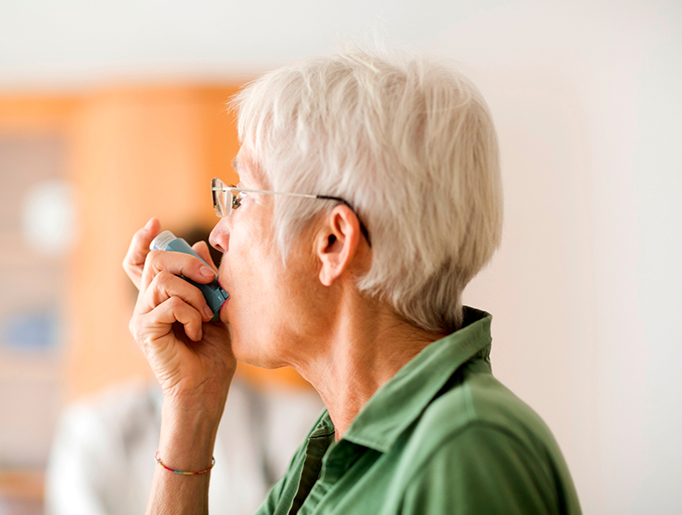- Stocking up on supplies
- Following social distancing protocols
- Cleaning your hands properly with soap and water or with an alcohol-based sanitizer
- Avoiding non-essential travel
- Avoiding crowds
- Avoiding sick people
- Avoiding sharing personal household items like cups and towel
- Keeping your hands away from your face especially on your eyes, nose, and mouth
- Continuing your current medication, which may include inhalers with steroids
- Discussing any health and treatment concerns with your healthcare provider
- Knowing and avoiding your asthma triggers

